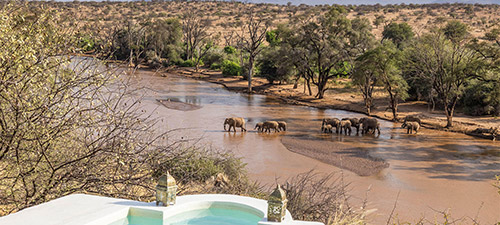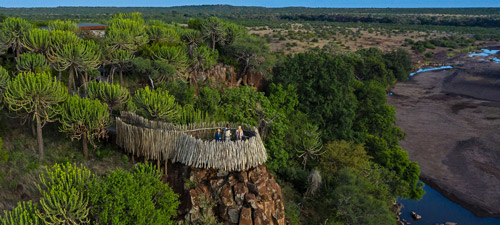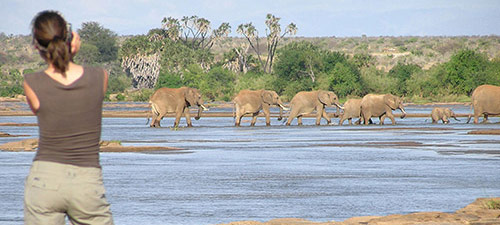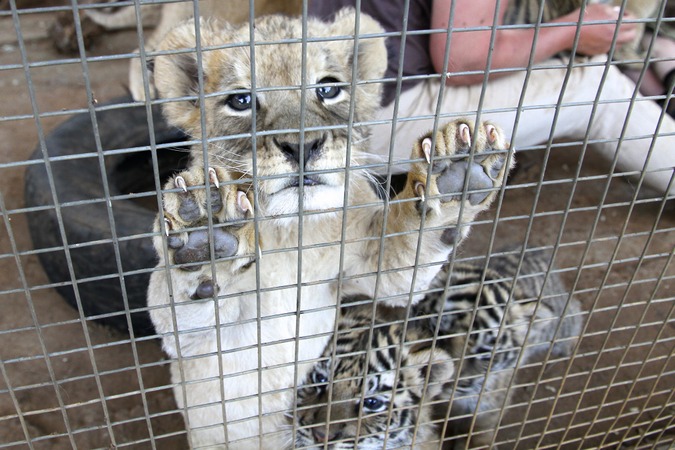
Press release written by Louise De Waal and Blood Lions
The Department of Environmental Affairs (DEA) has proposed that the Captive Lion Breeding (CLB) industry should continue as long as it is properly regulated and appropriate legislation introduced
This ignores the PCEA resolutions from the two-day Parliamentary Colloquium on CLB in August 2018, which included the resolution (9.1) specifying that the “DEA should as a matter of urgency initiate a policy and legislative review of CBL for hunting and lion bone trade with a view of putting an end to this practice.” This Resolution was subsequently adopted by parliament making it a Parliamentary Resolution.
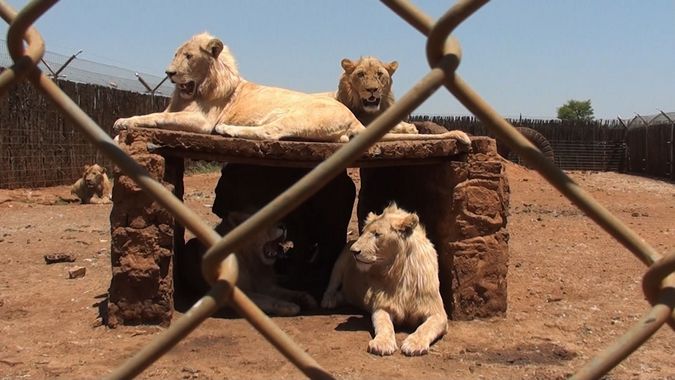
Currently, South Africa is holding between 9,000-12,000 lions in captivity, in approximately 300 facilities for a number of commercial purposes, including canned hunting, breeding and the lion bone trade.
In a shocking reversal of the overwhelming condemnation of CLB expressed during the August Colloquium by a wide range of conservation and welfare experts and forcefully endorsed in the PCEA report thereon, DEA merely reiterated the same tired justifications for CLB as if the Colloquium had never taken place.
During last week’s meeting, DEA reported that of the 227 breeding facilities inspected in the Free State, Limpopo, North West and Eastern Cape, nearly 40% (88 facilities) were non-compliant with, among others, the Threatened or Protected Species (TOPS) Regulations.
In the Free State of the 111 facilities inspected, 62 were found to be in non-compliance with TOPS Regulations. Most facilities were also found to be operating with expired permits. All permits were however renewed without providing reasons for renewal.
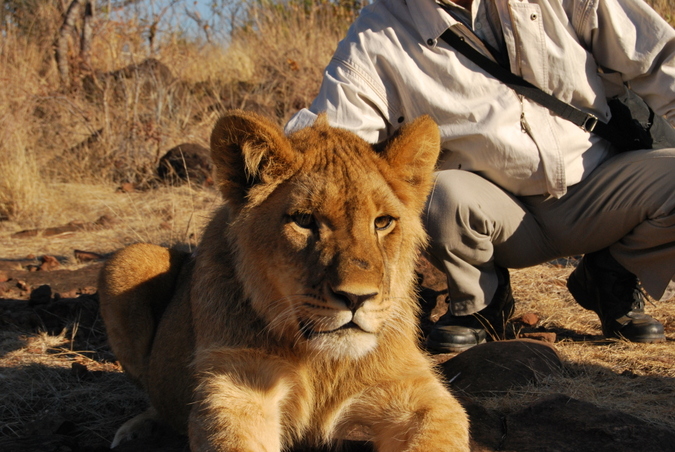
DEA further reported (incorrectly) that activities involving petting and walking with big cats are not allowed in the Free State and Western Cape, and therefore no permits were issued to facilities to conduct such activities. However, there are many facilities in both provinces that offer these exploitative activities to thousands of tourists and volunteers.
The committee appeared unconcerned that these activities are taking place without or with inadequate regulation in the North West, Limpopo and Gauteng. DEA has only four inspectors to cover the entire country and admitted they were under-resourced.
DEA inspections are only TOPS compliance checks in conjunction with provincial authorities and DEA inspectors are not trained to carry out welfare inspections. The NSPCA is the sole organisation mandated to carry out welfare inspections however neither the NSPCA nor PCEA has been able to obtain a full list of CLB facilities from DEA.
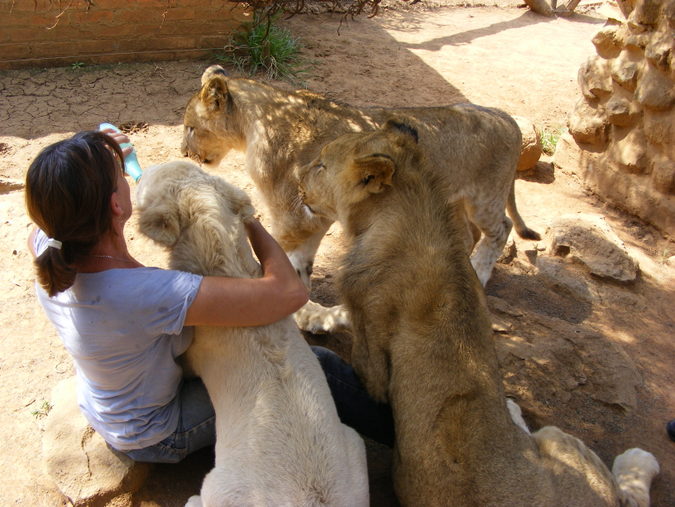
On 25 February 2019, the Minister announced the formation of a High-Level Panel to review the existing policies, legislation and practices related to the management, breeding, hunting, trade and handling of elephant, lion, leopard and rhinoceros. There has however been no public consultation on the Terms of Reference of the panel and membership is restricted to those with experience of Sustainable Utilisation. From the PCEA chair’s closing remarks, it seems certain that this panel will review the Resolutions of the PCEA Colloquium Report.
Blood Lions, a leading organisation that works to end the captive lion breeding, canned hunting and lion bone trade industries in South Africa, is deeply concerned by the outcome of the recent briefing.
“DEA’s recommendation to regulate an industry which has been thriving for over 20 years already, under so called ‘governance’, is proof of ineffective legislation and poor regulation. Leading global conservation and scientific authorities state that the captive predator breeding industry has no conservation value whatsoever, and in fact flouts internationally accepted ethical and welfare protocols.”
Blood Lions urges DEA to follow the sound resolutions made in the PCEA Colloquium report, which included this vital statement advising DEA to “urgently initiate a policy and legislative review of the captive breeding of lions for hunting and the lion bone trade with a view to putting an end to this practice”.
To comment on this story: Login (or sign up) to our app here - it's a troll-free safe place 🙂.![]()



